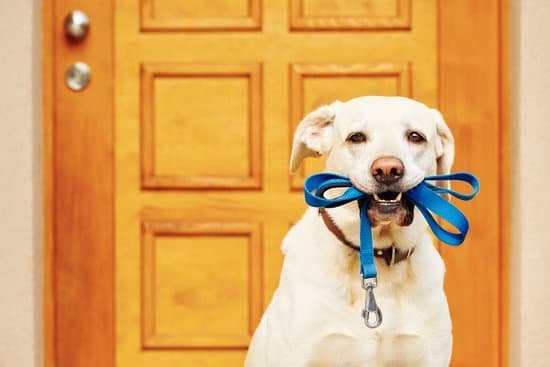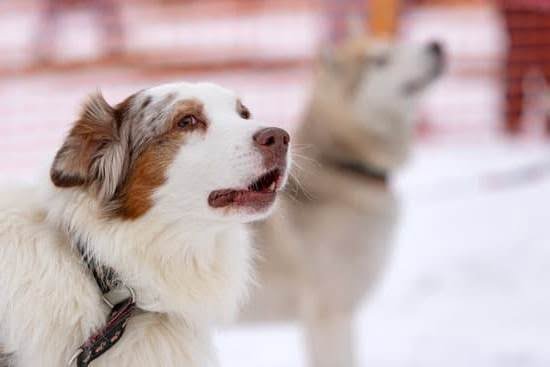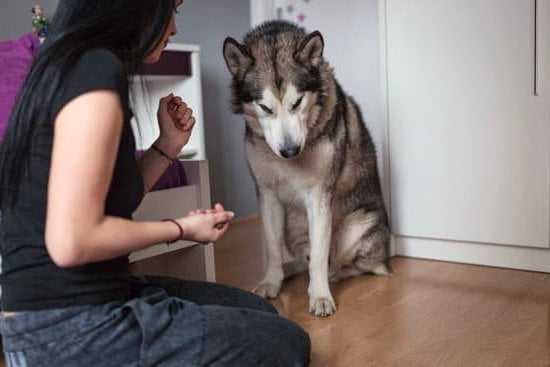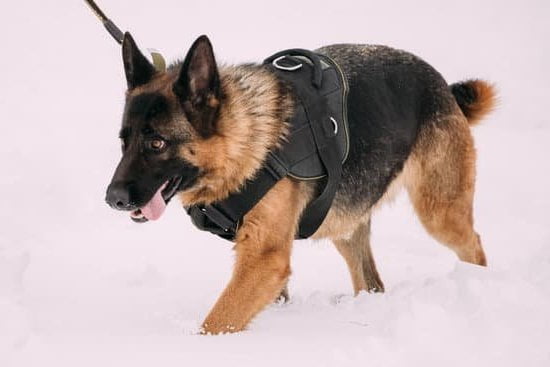Introduction
House training your dog is an important part of its long-term health and happiness. Choosing the right breed can play a major role in determining how easy or difficult this process will be. Some breeds are easier to house train than others based on size, energy levels, and other factors. This post will discuss some of the most popular and easy to house-train breeds, including Basset Hounds, Beagles, Poodles, Golden Retrievers, Labrador Retriever’s, Toy Fox Terriers and Schnauzers. Each breed has its own unique characteristics that make it a candidate for successful house training.
Breeds that Typically Easily House Train
Labrador Retrievers and Golden Retrievers are among the most common breeds that are known to be easily house trained. They are closely related and are both intelligent, retriever-type dogs with an innate desire to please their owners. Labrador Retrievers have an affinity for structure, learning quickly and responding well to consistent training techniques. Golden Retrievers also excel at learning with positive reinforcement training strategies and they not only pick up commands quickly but also adhere to them reliably.
These breeds are highly trainable and more than capable of being trained to handle bathroom routines in the home and outdoors as well. Both Labrador Retrievers and Golden Retrievers have a great desire to make their owners happy, making them patient candidates for housebreaking tasks that take time such as teaching their pup where is the correct spot both in and outside the house for potty needs.
For success stories on how Labrador Retriever’s or Golden Retriever’s can be easy to house train, here are some case studies: https://positively.com/dog-training/house-training-potty-training/tips-tricks/labradors/, https://thehappypuppysite.com/how-to-house-train-golden-retriever/. Here is a video experience on how one dog owner successfully achieved potty training her newly adopted Labrador Retriever: https://www.youtube.com/watch?v=072a6bMjoV8
Other Smaller Breeds
Shih Tzu: Shih Tzus are known for being exceptionally trainable and intelligent. To house train a Shih Tzu, consistency is key. Start with establishing a regular potty schedule, beginning from the minute your puppy arrives at home. Take them to an easily accessible “potty spot” outdoors every couple of hours and also immediately after meals, playtime, and naps. Always ensure that potty breaks are consistently monitored for repetition and praised for success. If an accident does occur, cleaning up the area properly with pet-safe cleaner or odor remover will eliminate the lingering scent and discourage repeatedly peeing in the same spot.
Chihuahua: Chihuahuas are relatively small dogs yet can pose some difficulties for those trying to house train them due to their independent streak alongside the fact that they need a lot of one-on-one interaction with their owners. To achieve successful pup training sessions, positive reinforcement techniques are recommended: give your pup plenty of verbal praise as well as treats whenever they go potty outside during scheduled toilet break times. Additionally, avoiding too much play time indoors to discourage accidents is also beneficial; instead break it up into ‘play time’ in an outdoor area separate from your house-training areas before taking back inside again afterwards.
Maltese: Maltese pups tend to be more relaxed when it comes to training; they have lower energy levels compared to other breeds so exercising can sometimes be tricky but it should not become a major issue when house training them overall. Continuous puppy classes should be undertaken where possible alongside reinforce clear commands on a consistent basis in order to aid successfulpotty habits transfer from indoors to outdoors (when needed). A solid routine should comprise of taking them out early mornings before and after meals/treats plus regularly throughout day by keeping times regular – reward successes vocally as well for basic obedience practices re increase results – long term rewards such as extra playtime or special treats can also help where applicable.
What to Do If You Have a Breed that’s Difficult to Train
Training any dog – regardless of breed – will take patience and consistency. Positive reinforcement is the most successful method when working on house training, as it encourages the desired behavior and can be motivating for dogs. Giving verbal commands and praise every time your pup eliminates in the appropriate area is a great way to reinforce the action. Additionally, since dogs are creatures of habit, create a regular schedule for them, with times for eating, playing, sleeping and going outside to eliminate. If you have a breed that may be difficult to train, avoid punishments such as scolding or hitting as they are less effective than positive reinforcement tasks an may actually cause more harm than good. Socializing your dog with other people and animals is also important so they learn appropriate behavior when in unfamiliar situations or around new people or dogs. Finally, remain patient with your pup as it may take more work for some breeds compared to others.
Rehoming versus House Training
The pros of rehoming a dog include the ability to avoid the difficult process of house training, as well as a chance for them to be with a new family that can offer more resources. Rehoming can be especially beneficial for shelters and rescue organizations, as it helps clear out their overcrowded populations. Additionally, research has found that rescue dogs are often healthier and calmer than those sold in stores or bred by puppy mills.
Even though there are many benefits to rehoming, it is important to consider whether you have the time to continue with house training if you choose not to rehome your dog. House training is an important part of living with any dog, regardless of age or breed. It is also necessary if you want to avoid accidental messes inside your house and other behavioral issues related to poor potty training. Additionally, if you happen to rescue an older dog that was never potty trained previously, this process could take much longer than if you adopted a young puppy.
It is also important to remember that some breeds of dogs are easier than others when it comes to house training. For example, according to pet experts Hounds (such as Beagles), Retrievers (Golden Retrievers and Labrador Retrievers), Poodles, Papillons, and Pit Bulls are generally considered some of the easiest breeds for house training. Formal research and statistics on this topic can be found in sources such as the National Pet Marketing Campaign’s 2021 report titled “Reality Check: Is Your Dog Ready for Adulthood?”
Conclusion
Choosing the right breed of dog for house training is essential if you want a more successful and stress-free experience. Breeds such as golden retrievers, chihuahuas, poodles, and other small dogs are known to be relatively easy to house train because of their intelligence and inclination to please. The best type of dog for you may vary, however, so it is important to research and understand the requirements for that particular breed. When done correctly, house training can be a rewarding experience for both pet parent and pup alike.
If you or someone you know is looking to bring a new dog into their home, be sure to consider which breed will be the most compatible for successful house-training. We recommend checking out an online community such as CheckinPlanet where pet owners can get advice from fellow experts on how to successfully house train their pets in less time and with fewer headaches. Share this post with those who need a helping hand when trying to find the right pet companion!

Welcome to the blog! I am a professional dog trainer and have been working with dogs for many years. In this blog, I will be discussing various topics related to dog training, including tips, tricks, and advice. I hope you find this information helpful and informative. Thanks for reading!





